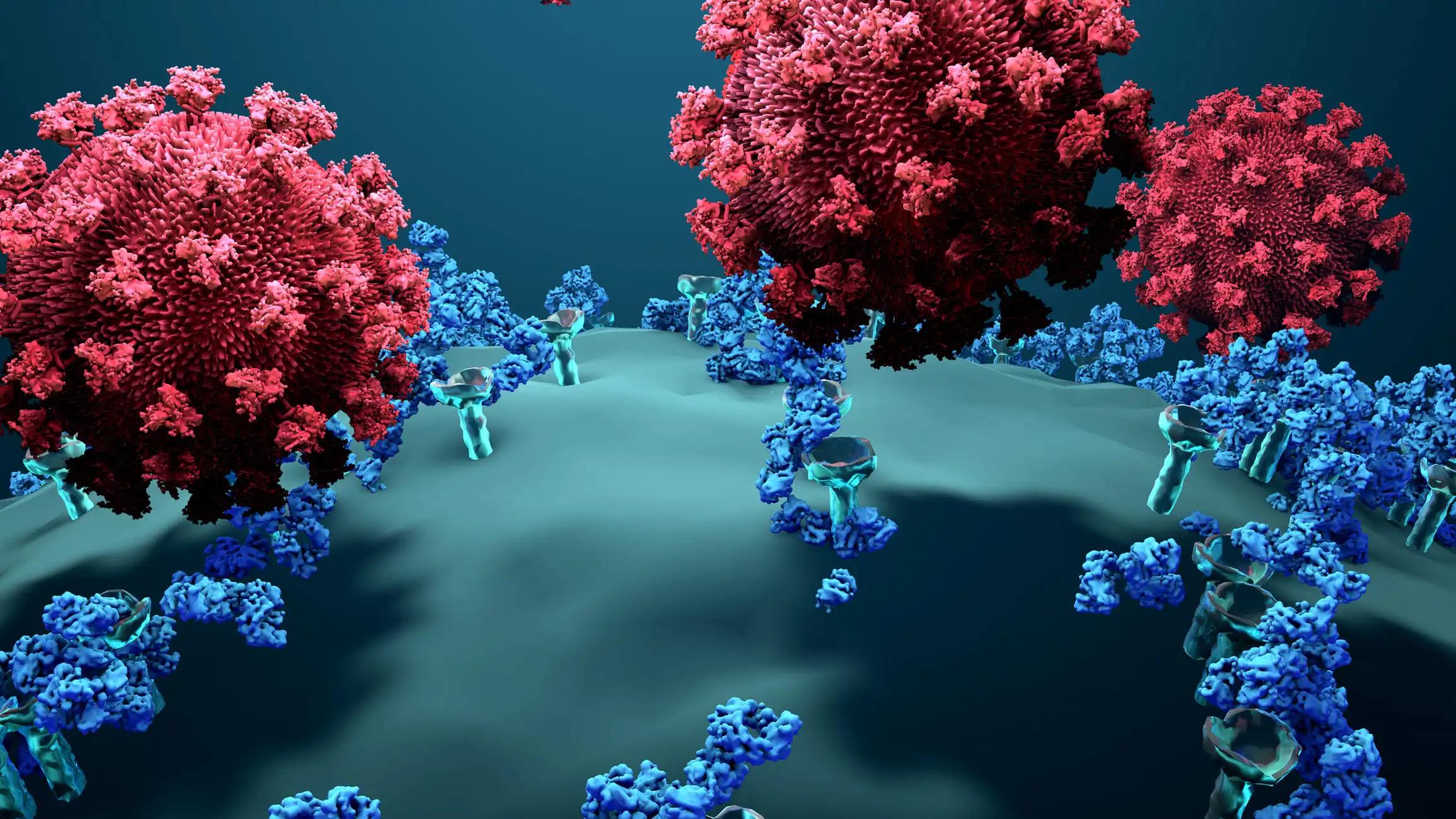KEY TAKEAWAYS
- The phase II trial aimed to investigate the preliminary efficacy and safety of lefitolimod and ipilimumab in advanced solid tumor pts.
- The primary endpoints were safety and tolerability, DLT, and MTD, while the secondary endpoint was efficacy.
- The study found that lefitolimod and ipilimumab were safe and well-tolerated in advanced cancer pts, with some preliminary evidence of tumor shrinkage.
Lefitolimod, a TLR-9 agonist, boosts the Th1 response in pre-clinical models and has shown antitumor activity in early-stage clinical trials. Researchers aimed to investigate the preliminary efficacy and safety of lefitolimod and ipilimumab in advanced solid tumor patients (pts).
The study included pts who had confirmed advanced solid tumors, ECOG performance status of 0-2, and were aged 18 or older. Pts received escalating doses of lefitolimod (15-120 mg/kg) administered subcutaneously on a weekly basis, along with a fixed dose of 3 mg/kg of ipilimumab given every three weeks. The study’s primary endpoints were to assess safety, tolerability, dose-limiting toxicity (DLT), and determine the maximum tolerated dose (MTD) or recommended Phase II dose (RP2D) of lefitolimod in combination with ipilimumab. The secondary endpoint included evaluating efficacy based on Immune-Related Response Criteria (irRC). The study also explored changes in the T-cell microenvironment within tumors through pre- and post-treatment biopsies and investigated the correlation of immune biomarkers with treatment response.
About 28 pts were enrolled, with a median age of 56 years (range: 19-92) and a median of 4 prior lines of therapy (range: 0-12). Pts received varying doses of lefitolimod subcutaneously (15-120 mg) or intratumorally (15 mg) in combination with a fixed dose of ipilimumab (3 mg/kg) in a well-tolerated manner. About 11 pts experienced treatment-related adverse events (TRAEs), with the most common being skin rash (14.2%), fatigue (10.7%), and pruritis (7.1%). No severe (grade 4 or 5) adverse events(AEs) occurred, and no dose reductions or treatment discontinuations were necessary due to AEs. The study determined RP2D as lefitolimod 120 mg subcutaneously weekly with ipilimumab 3 mg/kg every 3 weeks.
Among the 28 pts, 8 achieved stable disease as their best response, while 7 pts could not be evaluated using Immune-Related Response Criteria (irRC) due to factors such as clinical progression, non-measurable lesions, and withdrawal of consent. Analysis of paired biopsy samples revealed a pro-inflammatory immune conditioning of the tumor microenvironment when combining the TLR9 agonist MGN1703 with ipilimumab. This was evidenced by increases in the frequency of intra-tumoral CD8 T cells, memory CD8 phenotype (CD45RO+), and proliferation (Ki67+).
The study found that Lefitolimod and ipilimumab were safe and well-tolerated in advanced cancer pts, with some preliminary evidence of tumor shrinkage.
Source: https://ascopubs.org/doi/abs/10.1200/JCO.2023.41.16_suppl.2564?af=R
Clinical Trial: https://classic.clinicaltrials.gov/ct2/show/NCT00266877
Mirella Nardo, Matthew Reilley, Amadeo Biter, JoAnn Lim, Stacie A. Bean, Ly Minh Nguyen, Priya Bhosale, Casey Ager, Coline A Couillault, Sarina A. Piha-Paul, Siqing Fu, Apostolia Maria Tsimberidou, Timothy A. Yap, Aung Naing, Jordi Rodon Ahnert, Vivek Subbiah, Daniel D. Karp, Michael A. Curran, and David S. Hong. DOI: 10.1200/JCO.2023.41.16_suppl.2564 Journal of Clinical Oncology 41, no. 16_suppl (June 01, 2023) 2564-2564.



